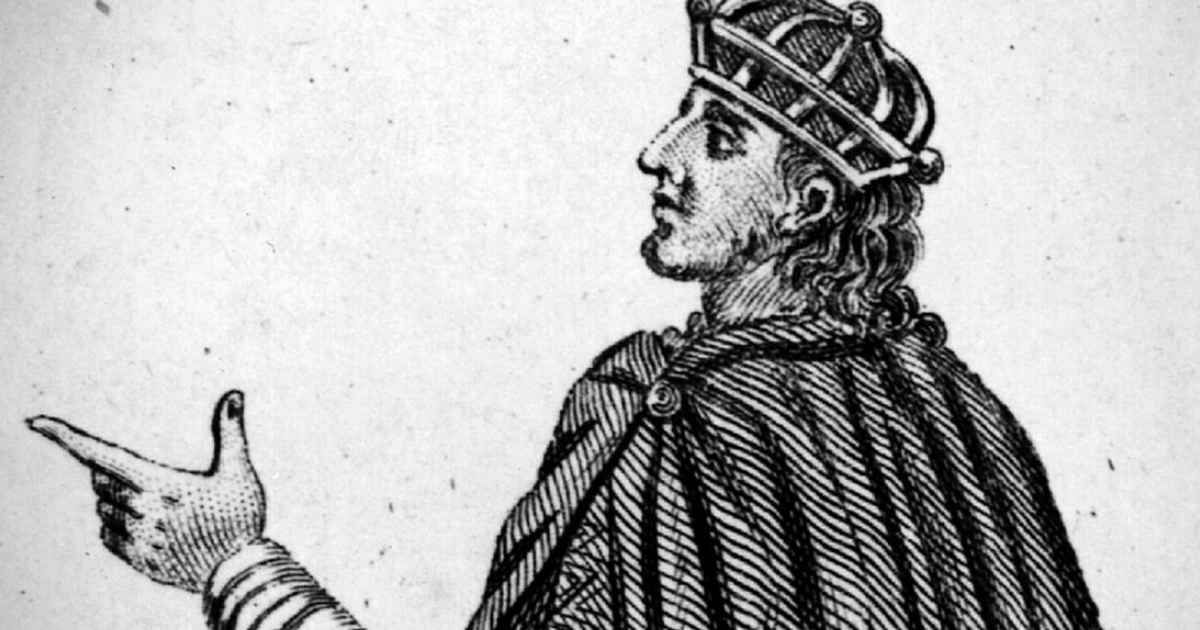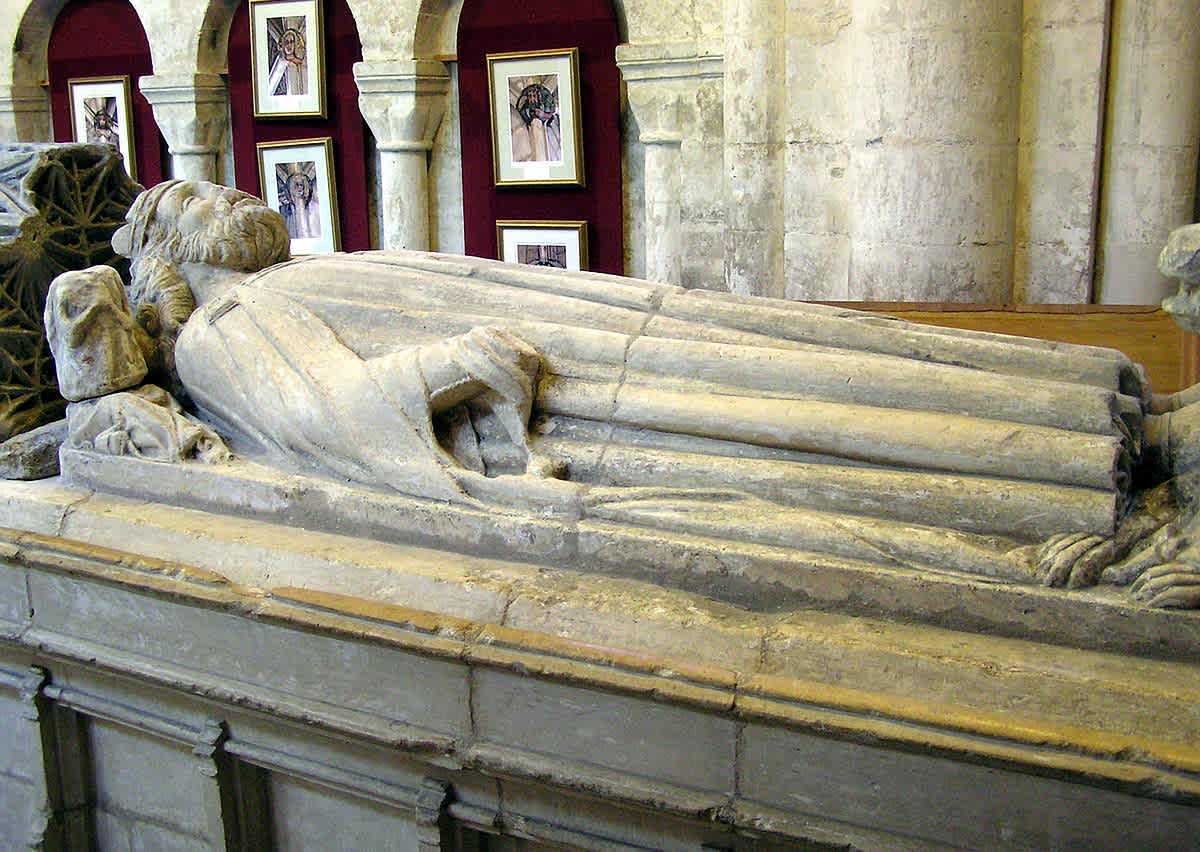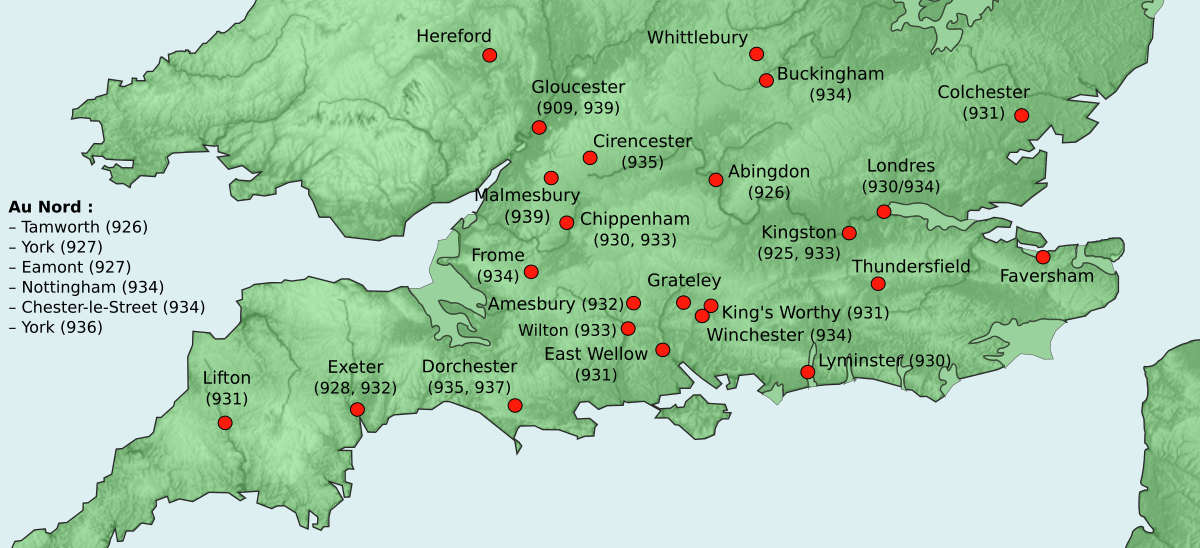Aethelstan: a royal who united Britain, doesn't get the needed honor of first English King—historians want to change it

Several historians are asking Aethelstan to be considered the first English king, who supposedly united a huge European expanse under the British identity for the first time, according to the BBC. However, due to a lack of biography, his achievements were not so popular until much later. These scholars argue that even though Aethelstan's kingdom broke apart after his death, the manner in which he governed his kingdom inspired generations of royals to come. It showcases Aethelstan's legacy and proves that he is worthy of recognition as the one who started it all. Experts David Woodman, Tom Holland, and Michael Wood are the ones spearheading this effort.

Who was Aethelstan?
Aethelstan was born to Edward the Elder and became the first Anglo-Saxon king to rule all of England, according to Historic UK. He ascended the Anglo-Saxon throne on September 4, 925, at Kingston upon Thames, after his father and brother's death. His influence was unrecognized compared to other medieval English kings who came after him in history books. However, researchers stress that his kingship and influence on the Anglo-Saxons played a massive role in shaping English dominance over Europe. Through his father, Aethelstan had control of all of England south of the River Humber.

During his rule, he first conquered York after the death of Viking King Sihtric of York, and some opposition from the latter's cousin. Therafter, he got Bamburgh authorities to submit themselves and their territory, and forced King Constantine of Scotland, King Hywel Dda of Deheubarth, and King Owain of Strathclyde to accept him as their overlord. After some distress, the King of Wales also followed and submitted to the powerful Aethelstan. The last region that he occupied was Cornwall, effectively making him the ruler of the entire area known as Britain by the 930s. He also became the first king to rule over all of the Anglo-Saxons through his military pursuits. He took his last breath on October 27, 939, in Gloucester, leaving an empire much larger than what he had inherited.
Why isn't Aethelstan Popular?
Aethelstan had no official children and was succeeded by his half-brother Edmund. Though Aethelstan was a shrewd military man, he was likely not much into promotion. Unlike others before him, there is no proof of Aethelstan hiring any artist to sing or record his praises. In a few more years, Edmund's son Edgar took over the throne and reformed the church. Many pieces were written on this achievement, which eventually overshadowed Aethelstan's pursuits, burying them in pages of history.
During Edmund's rule, the British kingdom fragmented, and Edgar brought it back together. This reunion made several historians regard Edgar as the first king, but Woodman disagrees with this notion. "Just because things broke down after Aethelstan's death doesn't mean that he didn't create England in the first place," he said. "He was so ahead of his time in his political thinking, and his actions in bringing together the English kingdom were so hard-won, that it would have been more surprising if the kingdom had stayed together. We need to recognise that his legacy, his ways of governing and legislating, continued to shape kingship for generations afterwards."
Aethelstan's Enduring Influence
Woodman believes that Aethelstan's bringing England together at that time was crucial and helped the empire create a common identity. While Aethelstan was ruling, several nobles across Europe were taking control of territories. He ensured that these territories remained connected with Britain's identity by marrying his half-sisters into them. This strategy, along with many others, will later be followed by later rulers. Though the kingdom broke down, his policies regarding learning and religiosity had already established an invisible link throughout the entire kingdom. Edmund brought the kingdom back together; Aethelstan ensured that there was a kingdom to be reunited in the first place. Hence, certain historians want him to be honored as the first official English King.